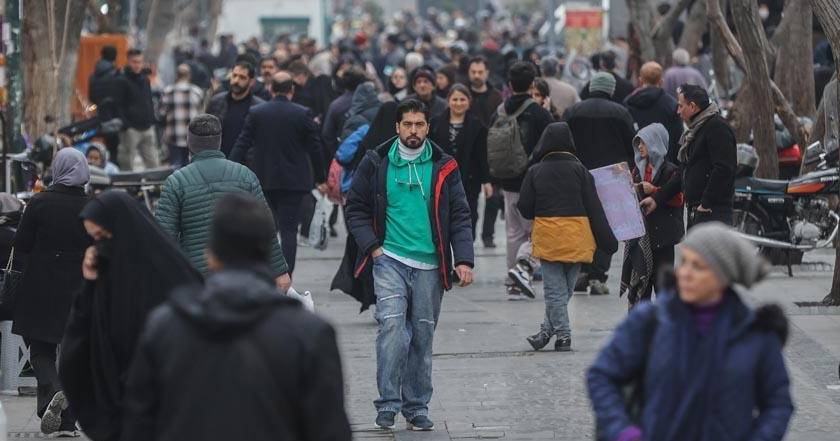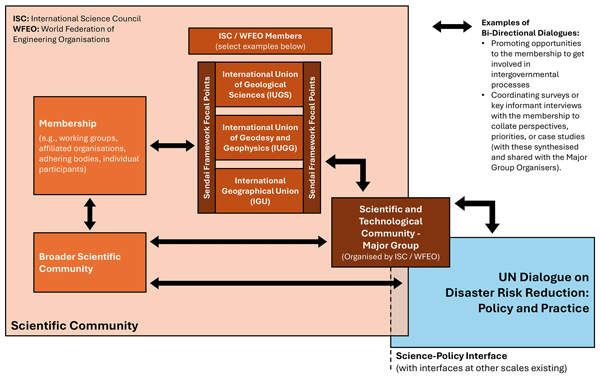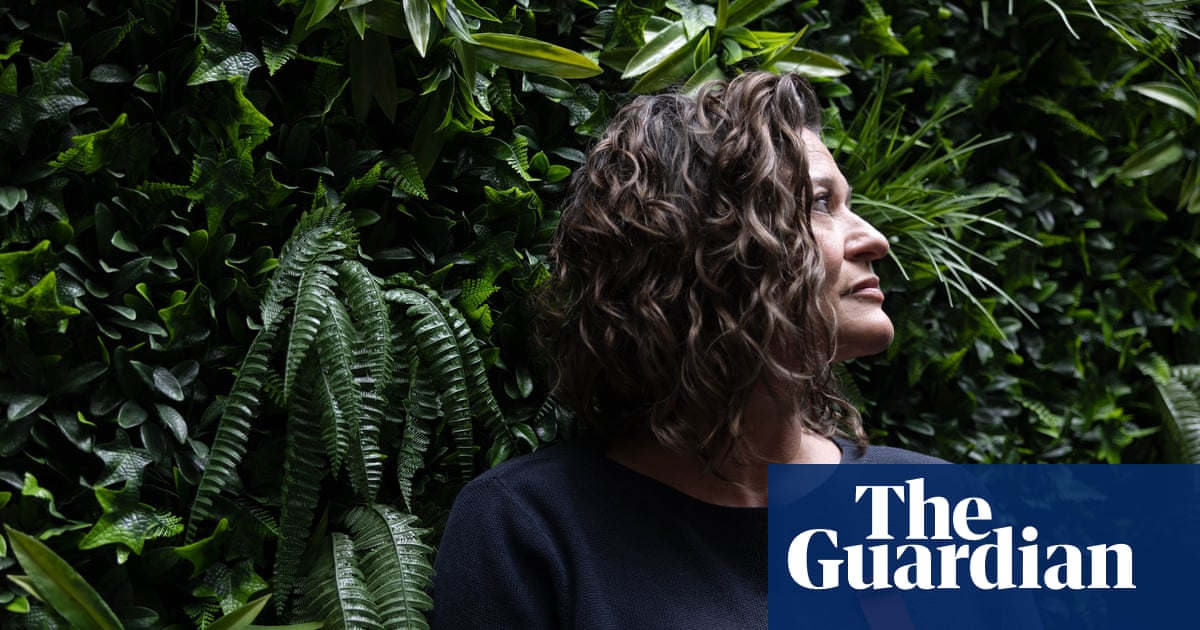
In her bright green and yellow walker, baby Jannah slowly picked up pace as she rolled her way across the floor and into the arms of her father. It could be a scene in any family home, but the nine-month-old’s journey to this point was anything but common. Named ‘Jannah’, meaning ‘paradise’, by her parents, she has brought joy to their lives amid devastating destruction and personal trauma in Gaza.
“When I saw Jannah for the first time I cried, because Jannah was very small,” her mother, Iman Farhat, recounted. The 46-year-old had struggled with infertility for more than two decades before the war in Gaza began in October 2023. Resigned to the fate of not being able to have children of her own, Iman, along with her husband Rami Al-Arouqi, signed up to be considered as adoptive parents late in 2024.
Adoption Amidst Conflict
A month after completing the paperwork, the couple set eyes on baby Massa, as she was then known, in the wards of a Gaza hospital. Just days old, Massa was all alone — the sole survivor of an Israeli attack that claimed the lives of her family. Iman said it felt like a natural decision to adopt her. Three months later, Jannah traveled with her new parents to their home in the north of Gaza City.
“On the first night, I was scared that she would be inspecting her caregiver, that she would be worried at night, that I will not know how to pacify her,” Iman said. “But she was very quiet, as if she was in my arms since she was born. We completed each other.”
Growing Number of Orphans
Jannah is only one of a large and growing number of children who have been left without their parents due to the ongoing conflict. UNICEF last year estimated about 17,000 Gazan children were left without a carer. However, the Ministry of Health in Gaza estimates more than 40,000 children have been orphaned by the war, a figure likely to rise due to the ongoing violence.
“That harrowing occurrence is all too common here that a child becomes the sole survivor of their entire extended family,” said UNICEF spokesperson Tess Ingram. “It is shocking that we have more than one case of that, but we do, unfortunately.”
Ms. Ingram also highlighted that the number does not account for the roughly 1,000 children being cared for by close relatives, a support system now at risk due to the humanitarian crisis. “Many families who perhaps a year ago took in a child who wasn’t their own, maybe a niece or a nephew, are now struggling to feed that extra mouth,” she explained.
Humanitarian Efforts and Challenges
UNICEF is working with local partners to place orphaned children in shelters where they can receive care and emotional support. However, Ms. Ingram warned that these shelters are in short supply due to aid restrictions and limited maneuverability in the strip, complicating efforts to provide material support.
“What we can do and continue to do is to provide psychosocial support, mental health support to the children and their families,” Ms. Ingram said. “We provide cash assistance to try and help the family afford the extra mouth to feed and the extra child to look after.”
Despite the challenges, UNICEF remains committed to its operations in Gaza. “The Gaza Strip is the most dangerous place in the world to be a child, and it’s also one of the most dangerous places to do this sort of humanitarian work,” Ms. Ingram emphasized, calling for international efforts to achieve a ceasefire.
A Blessing from Trauma
Rami Al-Arouqi, 47, expressed that adopting a daughter after many years of trying to have children was a blessing. “Honestly, I never imagined that I would receive from God this gift or that he would compensate me after 23 years of waiting and patience,” he said. “It is enough that I hear her voice or feel her touch, it makes me happy.”
Rami acknowledged the war in Gaza took on a different meaning for him after the arrival of his daughter. “After Jannah, I began feeling scared, and concerned and that I must go on living for this child, and that this child will live a happy life with parental care, so I began taking care of myself,” he said.
Despite the joy Jannah has brought, Rami is acutely aware of the trauma that led to her adoption. “I often play with that thought and imagine her parents and how this child was their entire life,” he reflected. “But at other times, I say maybe God wanted this girl to live a happier life and be with a father and a mother that have been deprived from being parents for more than 20 years.”
As the conflict continues, the story of Jannah and her adoptive parents serves as a poignant reminder of the resilience and hope that can emerge even in the darkest times.





